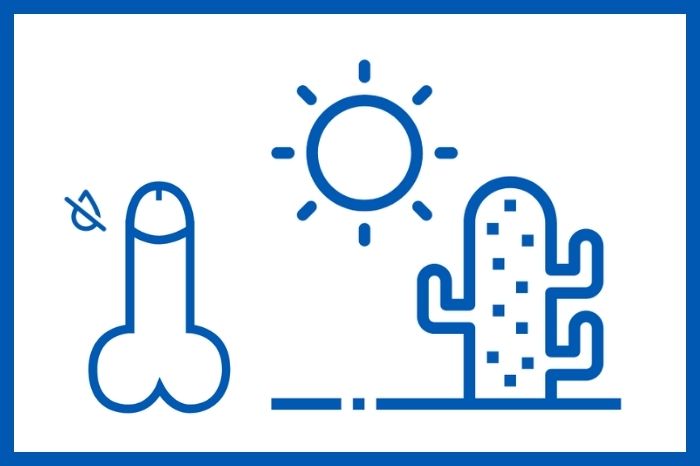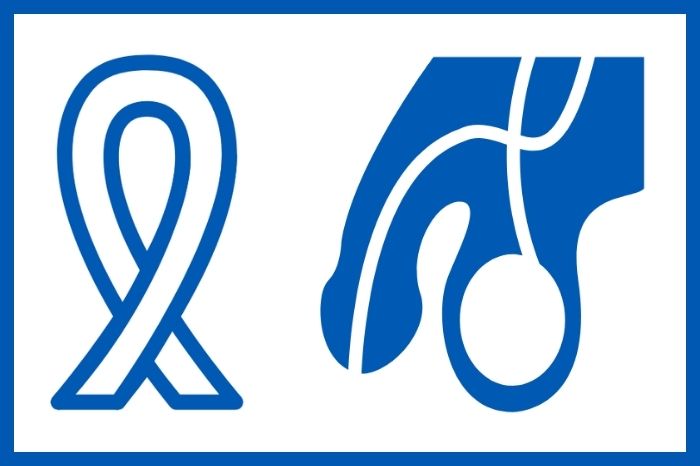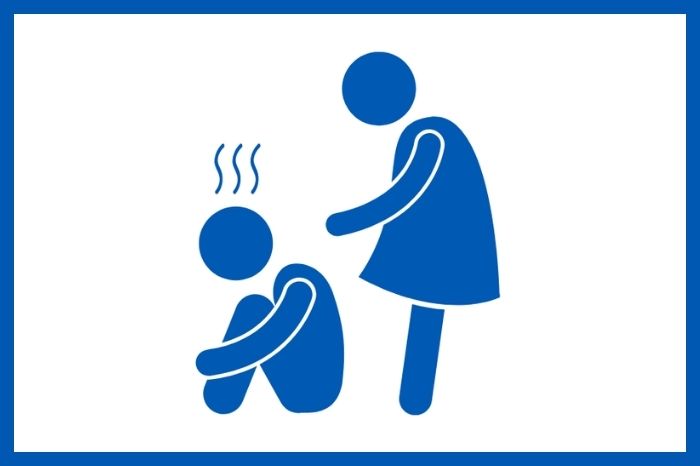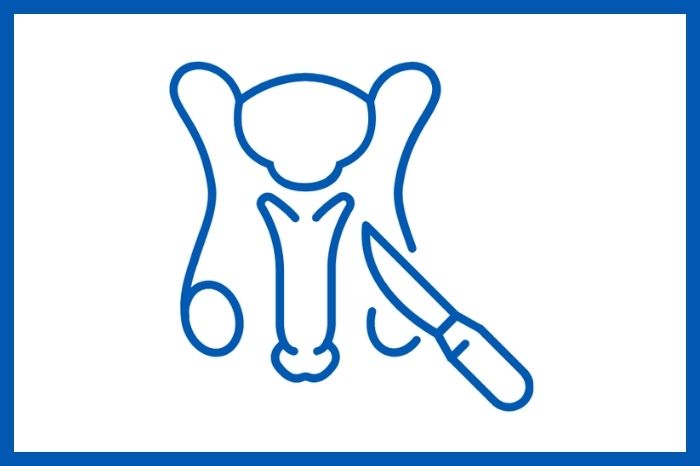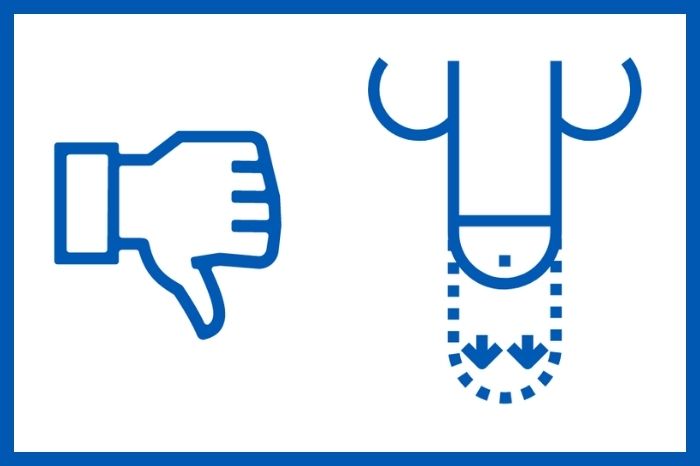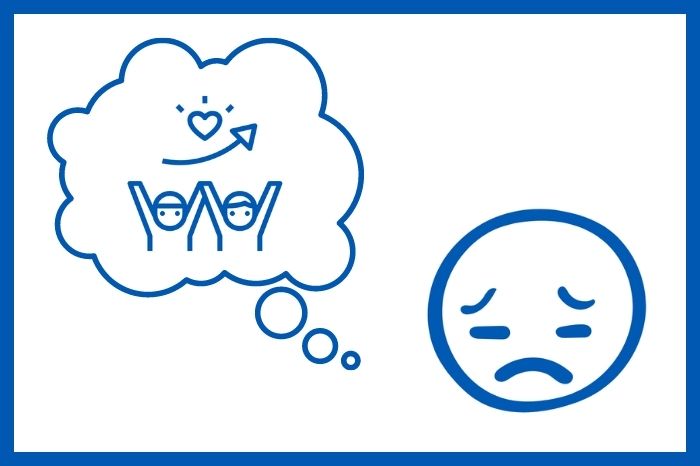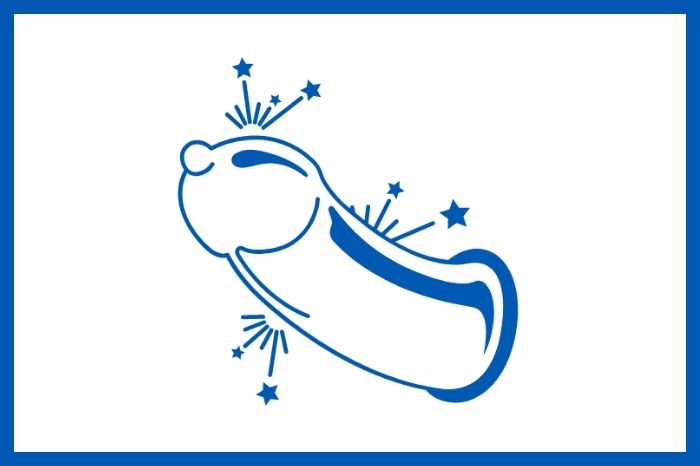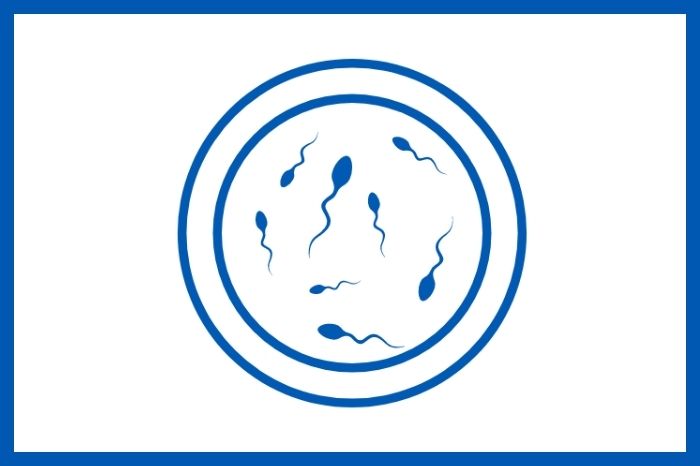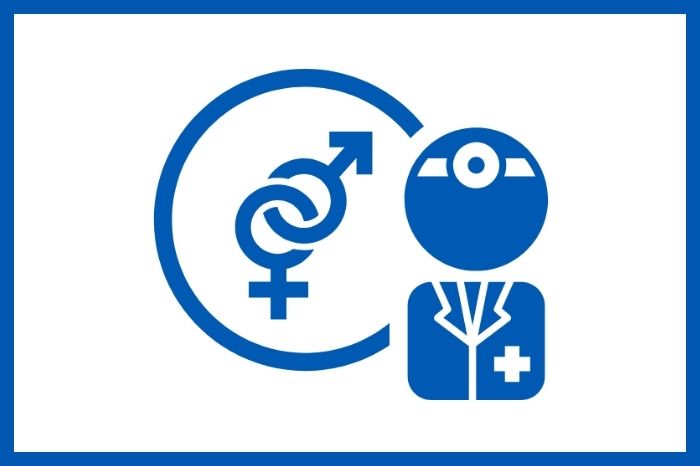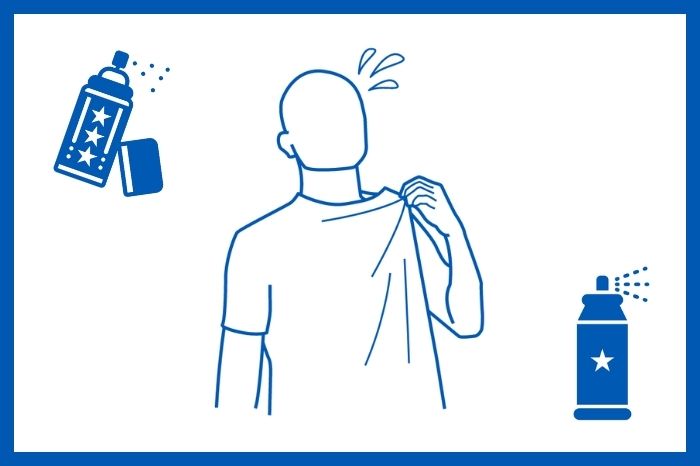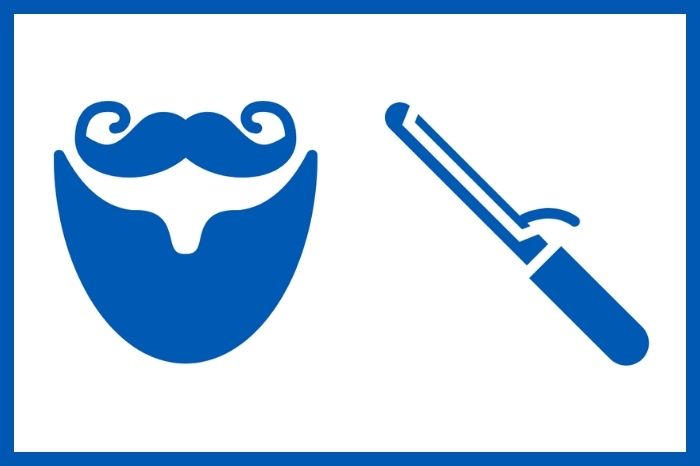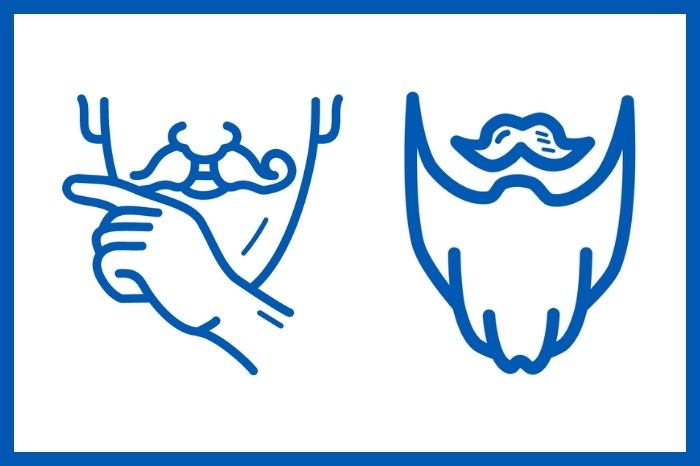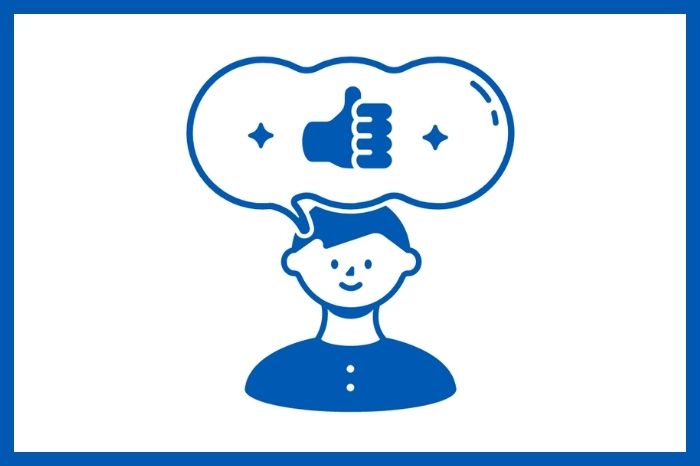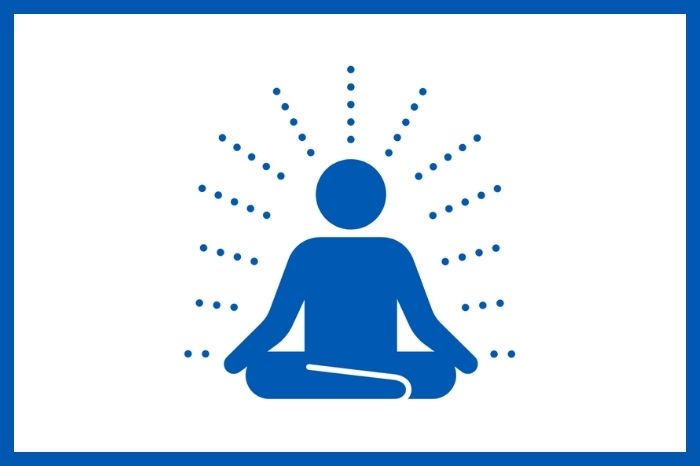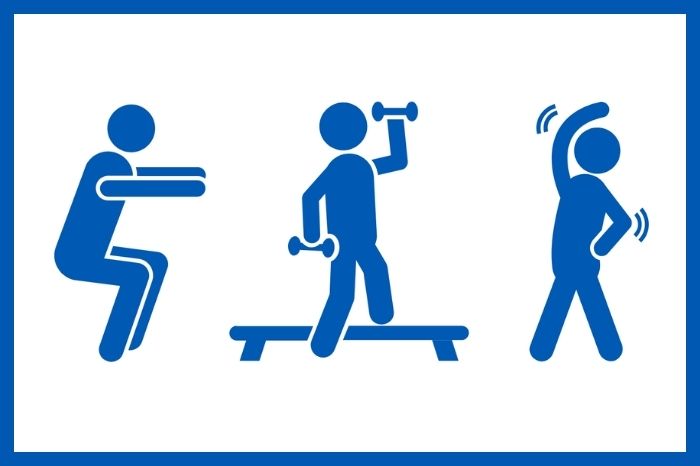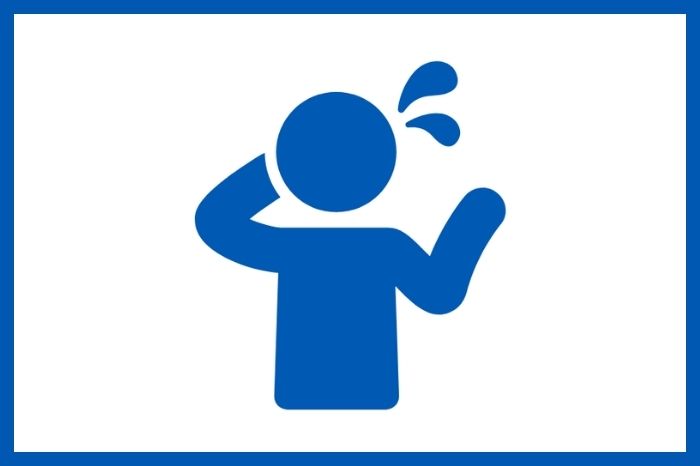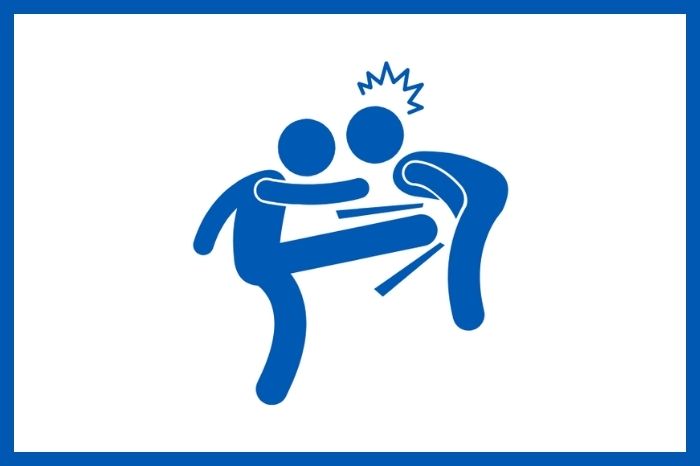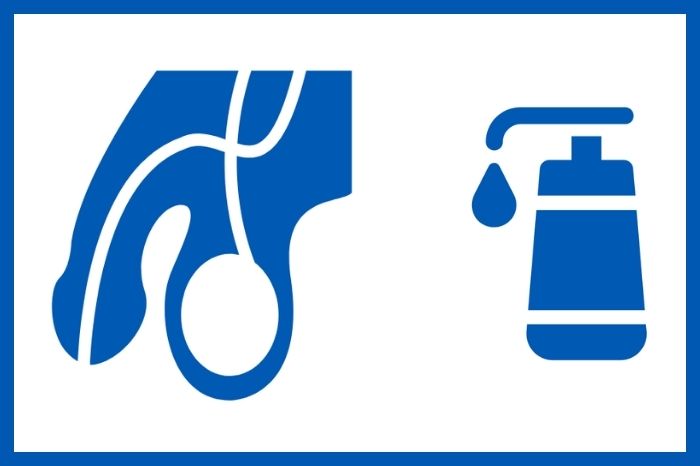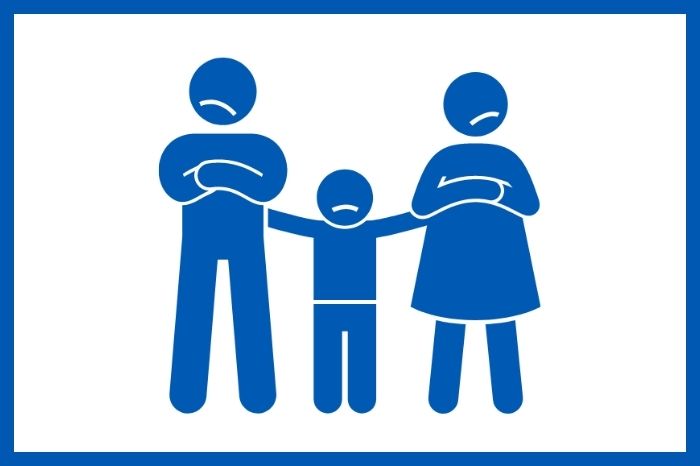Does Man Masturbating Too Much Lower Testosterone?
There are many myths and speculations about the effects of masturbation on a man's life. But know that masturbating is a healthy practice and that it brings more benefits than harm to health.
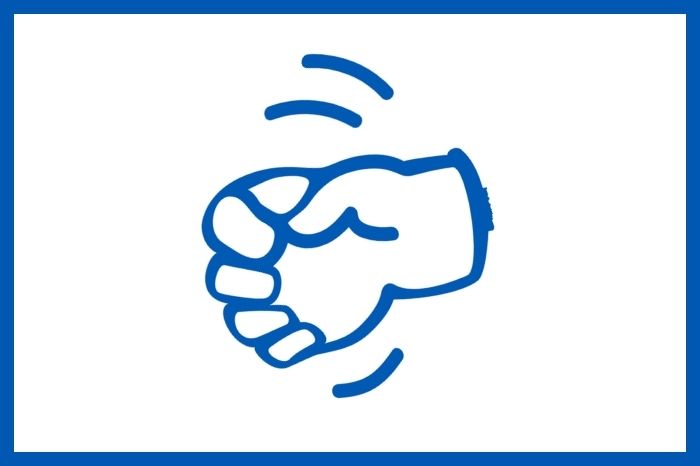
Many people believe that masturbation affects testosterone levels, but this is not necessarily true. The practice does not appear to have any long-term effect on levels of this hormone.
However, masturbation can have short-term effects, such as a decrease in sexual desire immediately after masturbation, which is perfectly understandable. But overall, it does not pose a threat to any aspect of physical health.
In this article, we cover the potential effects of short-term and long-term masturbation on testosterone levels. We also considered the results of abstinence from masturbation, the effect on sex drive, and the symptoms of high and low hormone levels.
Does masturbation decrease or increase testosterone?
Some researchers are interested in the short-term and long-term effects of masturbation on testosterone levels. However, such research is limited so far and the results are somewhat conflicting. One reason for this is that it is difficult for scientists to recreate an environment in which people commonly masturbate in the laboratory.
However, a study conducted in the United States used a sex club to assess changes in testosterone levels in response to sexual stimuli in a real-life environment.
The researchers compared hormone levels in saliva in men who had sexual activity, with men who just watched. While testosterone levels increased in all men who visited the sex club, the increase was significantly greater in those who had sexual activity.
An earlier 1992 study looked at the effects of sex on testosterone levels in men and women (yes, women also have testosterone, but at a lower level). The researchers measured levels of the hormone before and after intercourse, as well as on days when they had not had sex.
In both men and women, testosterone levels were higher after intercourse. Levels were lower before sex and on days with no sexual activity. These results suggested that sex affects testosterone rather than testosterone affecting sex.
In a 2007 study using rats, researchers found that the number of estrogen (female sex hormone) receptors was highest 24 hours after ejaculation or copulation with sexual satiety.
However, another rat study done the same year showed that the number of androgen receptors, which help the body use testosterone, was lower 24 hours after ejaculation or sexual satiety.
That is, the results are conflicting and research is still lacking on the long-term effects of masturbation or other forms of sexual activity on testosterone levels.
Effects of withdrawal on testosterone levels
There is some research on the effect of not masturbating on male sex hormone levels. Overall, these studies indicate that abstaining from masturbation or sexual activity can increase hormone levels.
A 2003 study measured men's testosterone levels after various periods of abstinence from ejaculation. There was a minimal increase in testosterone levels between 2 and 5 days of abstinence, peaking after 7 days.
Another 2003 study measured levels of hormones, including testosterone, during a masturbation-induced orgasm before and after 3 weeks of abstinence from masturbation. The data revealed that testosterone levels were higher after a 3-week period of abstinence.
The study also evaluated changes in testosterone levels after receiving non-hormonal treatment in men who suffered from erectile dysfunction. At the start of the study, participants had lower testosterone levels than those in the control group. However, researchers found that testosterone levels increased in men who resumed regular sexual activity after treatment. On the other hand, levels did not change in men for whom treatment was not effective.
There is still a popular theory that abstaining from sexual activity before participating in sports competitions provides some benefit, with the idea of not expending energy before competition. However, there is not enough scientific research to support this line of thinking. In fact, it is suggested that this is a completely individual matter, with no right or wrong.
Masturbation and sexual desire
Testosterone has an effect on sexual desire in both men and women. Experts believe it has a greater impact on men's sex drive due to its naturally higher levels of testosterone. Of course, there are other factors at play as well.
A study published in the journal Archives of Sexual Behavior found a link between testosterone levels in saliva and sexual desire.
For women, testosterone had a categorical link with the desire to masturbate, but a negative link with sexual desire for a partner.
Men showed greater sexual desire than women. However, the researchers noted that this was due to men's greater frequency of masturbation rather than testosterone levels.
One study evaluated the effect of hormones on the sexual function of more than 3,000 women transitioning to menopause. The researchers measured levels of several different hormones, including testosterone, estradiol, and follicle-stimulating hormone. Testosterone had a positive relationship with libido and masturbation. However, follicle-stimulating hormone, which reaches high levels during menopause, reduces sexual desire in women.
Symptoms of low or high testosterone
Low testosterone levels can cause many different signs and symptoms, such as:
- Low muscle mass;
- Decreased strength or endurance;
- Decreased facial or body hair;
- Mood Disorders;
- erectile dysfunction;
- Memory loss or difficulty concentrating;
- Difficulty sleeping;
- Osteoporosis.
While replacement may help with some symptoms, research has not proven that it permanently improves cardiovascular risk, mood, and sexual function. But, it seems to improve muscle strength.
It is uncommon for adult men to have a disorder that causes high levels of testosterone. What happens most is hormone replacement in excess with the intention of having its effect as an anabolic. In this case, high testosterone can lead to infertility and other health problems, such as kidney, heart, liver and joint dysfunction.
In children, high levels of childhood testosterone can lead to precocious puberty and even infertility in later life. Women with high testosterone levels may have a condition called polycystic ovary syndrome, especially if they experience the following symptoms:
- Early puberty;
- Abnormal growth of hair on the face, chest and back, a condition called hirsutism.
- Loss of hair;
- Irregular menstrual cycles;
- Weight gain.
Conclusion
Masturbation does not appear to have any harmful effects on a person's testosterone levels or overall health.
Research looking for a relationship between masturbation and the male sex hormone is quite limited, especially with regard to long-term effects. However, masturbation and other forms of sexual activity can lead to a short-term increase in testosterone. It also appears that short-term abstinence from sex suggests increasing levels of the hormone.
People can treat low testosterone with replacement therapy. If a man is concerned about his hormone levels, he should seek professional help from a urologist or endocrinologist.
